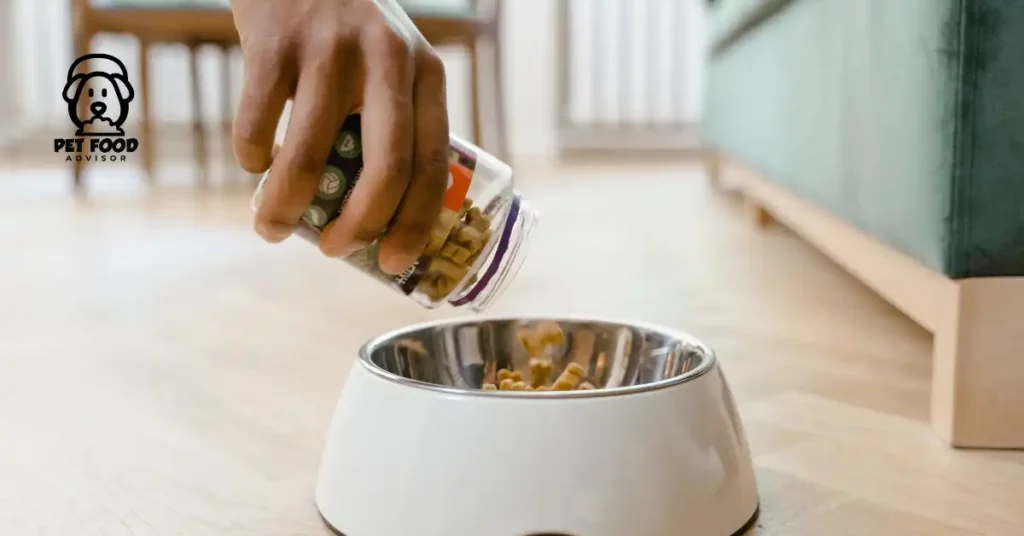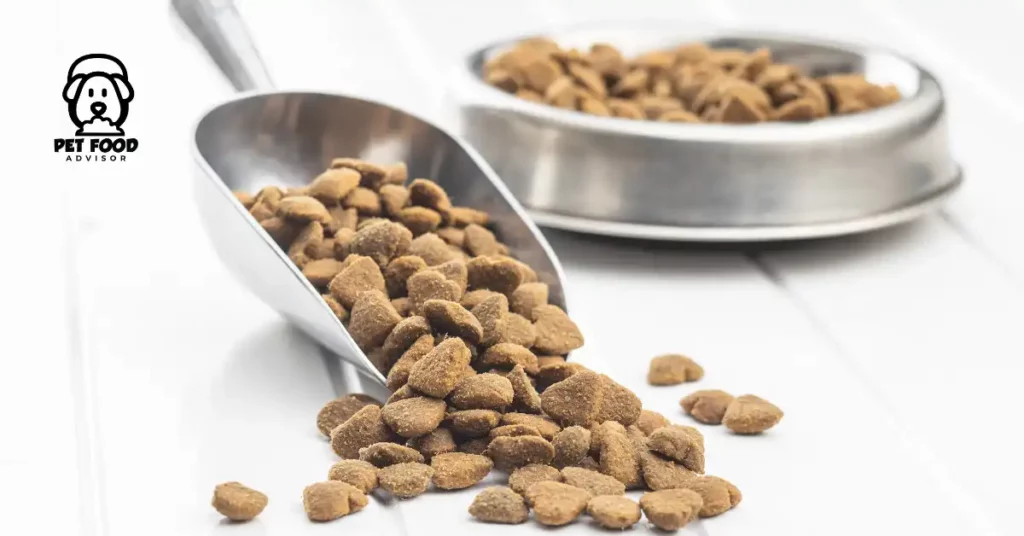How To Identify and Treat Heartworms in Dogs At Home ?
Every dog owner needs to know how dogs get heartworms. Your dog can’t catch these heartworms from other dogs or animals. It’s just the mosquitoes you’ve got to watch out for. Your dog gets heartworm by following the sequence.
First, a mosquito bites an animal that already has heartworms. The mosquito takes these super tiny baby heartworms, microfilariae, from the first animal. These baby heartworms grow up and become larvae right inside the mosquito. When this mosquito bites your dog, it gives it those larvae. Those larvae start to grow into adult heartworms inside your dog. The adult heartworms do their thing and create even more baby heartworms, microfilariae.
It takes about 6 to 7 months after a mosquito bites your dog for the adult heartworms to show up. It is not a fast disease. This gives you some time to treat it using natural methods. Your dog could have heartworms without acting sick at all. That’s why getting regular heartworm tests is a good idea. It’s like giving your dog a checkup to ensure everything’s okay.
Recognizing Heartworm Disease Signs
If you are a dog owner, you know the signs that might appear if your dog gets heartworm disease. It’s simpler than it might seem. Some dogs can have a heartworm infection but not show the condition yet, which means they don’t feel sick because of it.
There are four stages of heartworm disease, each with its signs:
Stage 1
At this point, there might not be any signs or small ones, like an occasional cough.
Stage 2
Now, things become more noticeable. Your dog might cough now and then or feel tired after some moderate activity.
Stage 3
The signs get more serious. Your dog might seem slightly off, cough a lot, get tired quickly, have trouble breathing, or even show signs that their heart isn’t doing well.
Stage 4
This is the tough one, called caval syndrome. It’s when worms block blood flow back to the heart. Unfortunately, many dogs with this stage don’t make it, even with surgery. However, not all dogs with heartworm disease reach this stage.
Even if it doesn’t get nasty, heartworm disease can still harm your dog’s heart, lungs, liver, and kidneys over time. This damage to essential organs can eventually lead to death. So, if your dog ends up with heartworms, treating them is crucial.
Conventional Approach to Treating Heartworms
How vets usually take care of heartworms in dogs is a challenging and lengthy process that can be risky and costly. During this time, your dog will need to take things easy. Here’s what happens when your dog gets this regular kind of treatment.
Step 1
Your dog starts taking medicine every month. This medicine helps kill young heartworms and stops new ones from growing. Your dog keeps taking this medicine during the whole treatment.
Step 2
Additionally, your dog takes a medicine called antibiotics, like doxycycline, for 30 days. This is to be super careful in case some bacteria are hanging out with the heartworms. These bacteria could mess up the treatment, so they give the antibiotics first to avoid problems.
Step 3
Around days 60, 90, and 91, your dog gets shots of a strong medicine called Immiticide (also known as melarsomine). These shots help get rid of the adult heartworms. Your dog might even stay at the vet’s for these shots to ensure everything goes okay. We’ll talk about the risks with Immiticide in a bit.
Step 4
Your vet might also give your dog something called prednisone, a medicine to help with any side effects.
Step 5
After 120 days, the vet tests your dog for tiny baby heartworms. This helps them decide if your dog can slowly start doing more activities. If those microscopic heartworms remain, they might give more medicine and test again around day 150.
Step 6
About a year after starting the treatment, the vet checks again to ensure all heartworm stages are gone.
Home Heartworm Treatment in Dogs
Herbal Formula
Using natural herbs for heartworm treatment is possible, but working with a holistic vet is essential for proper guidance. Here’s a formula by Steve Marsden, DVM, from the Manual of Natural Veterinary Medicine. Remember, it’s not safe to administer this on your consulting. A holistic vet is crucial for dosing.
This herbal tincture blend includes
- 14 ml of ginger
- 9 ml of wormwood
- 4 ml of garlic
- 14 ml of thyme
- 9 ml of cinnamon
You need to consult your holistic vet or herbalist to determine the right amount for your dog. Dr. Marsden suggests starting with a dose of 0.1 ml per 5 lbs of body weight, spread into 2 or 3 doses daily.
Using Bromelain
Add Bromelain, a pineapple enzyme to enhance the herbal treatment. This enzyme helps break down deceased heartworms. It reduces the risk of a pulmonary embolism from worm die-off.
Bromelain can be found in health stores which is best for at-home heartworm treatment, and you can also get digestive enzyme supplements for dogs that contain bromelain. You can give 30 mg per pound of your dog’s weight. Divide this into two or three daily doses, given two hours away from meals.
Ready-Made Herbal Blends
There are pre-made herbal remedies that can aid in eliminating heartworms from your dog’s system. These remedies might contain ingredients like hawthorn (strengthening the heart), dandelion leaves (detox support), garlic (repelling parasites and boosting the immune system), neem (immune support and repelling insects), wormwood (antiparasitic), black walnut (antiparasitic), and black seed (antiparasitic).
Natural Ways to Keep Dogs Safe from Heartworms
You can protect your dog from harm without using harmful medications, even in places where mosquitoes are a bother. It might not be as simple as handing out those monthly heartworm chews, but it’s safer for your dog.
The way heartworms grow, the goal of meds is to kill the baby heartworms before they turn into adults. Your dog’s immune system can handle that task without drugs. That’s why focusing on the immune system is the first step in avoiding heartworm disease.
Boost Your Dog’s Immune System
Your dog’s immune system can prevent heartworm disease. This means your dog might have heartworms inside, but they don’t have to make it sick. Think about wild dogs like wolves, coyotes, or foxes. They’re out in nature 24/7, so they’re more likely to get mosquito bites than indoor dogs. But research shows that even though they might have heartworms, they don’t get sick. They don’t die because of heartworms either.
Wild dogs stay healthier because they eat natural diets and aren’t exposed to drugs and toxins like pet dogs. So, you can also make your pet healthier with a natural lifestyle. Here’s what you can do
- It would help if you fed a natural, raw meat-based diet (not kibble)
- Have limit vaccines
- Use natural remedies instead of drugs
- Try natural ways to keep fleas and ticks away
- Avoid chemicals at home and in the yard
- Give your dog fresh, clean water
- Make sure your dog gets enough exercise
Even if you have yet to do these things, there is still time to start. Your dog’s immune system won’t become strong overnight, but you can help using immune-boosting herbs and supplements.
Keep Mosquitoes Away
If your area is buzzing with mosquitoes, try to prevent them from bothering your dog.
It would help if you removed standing water in your yard or during walks. Keep your dog indoors when mosquitoes are most active at dawn and dusk. Avoid swampy places on your walks, as they’re breeding spots for mosquitoes. Use natural mosquito repellents to keep those bugs at bay. You can even give your dog fresh garlic. It helps repel mosquitoes.
Try Herbal Protection Against Heartworms
Some ready-made herbal products are available that help protect against heartworms. However, they won’t directly claim to prevent heartworms due to regulations. Look for descriptions like “Supports normal heart function,” “Promotes healthy blood circulation,” or “Helps detox foreign contaminates.” You should call the company to learn more.
Ingredients you might find include hawthorn (strengthens the heart), dandelion leaves (aid in detox), garlic (repels insects), neem (repels insects), wormwood (antiparasitic), black walnut (antiparasitic), and more.
Conclusion
You’ve gained insights into a crucial aspect of pet care by exploring at-home heartworm treatment for dogs. It’s essential to weigh the convenience against the potential risks and consult your vet for expert guidance. Your commitment to your dog’s health and well-being will ensure your beloved dog’s happy and heartworm-free life.





